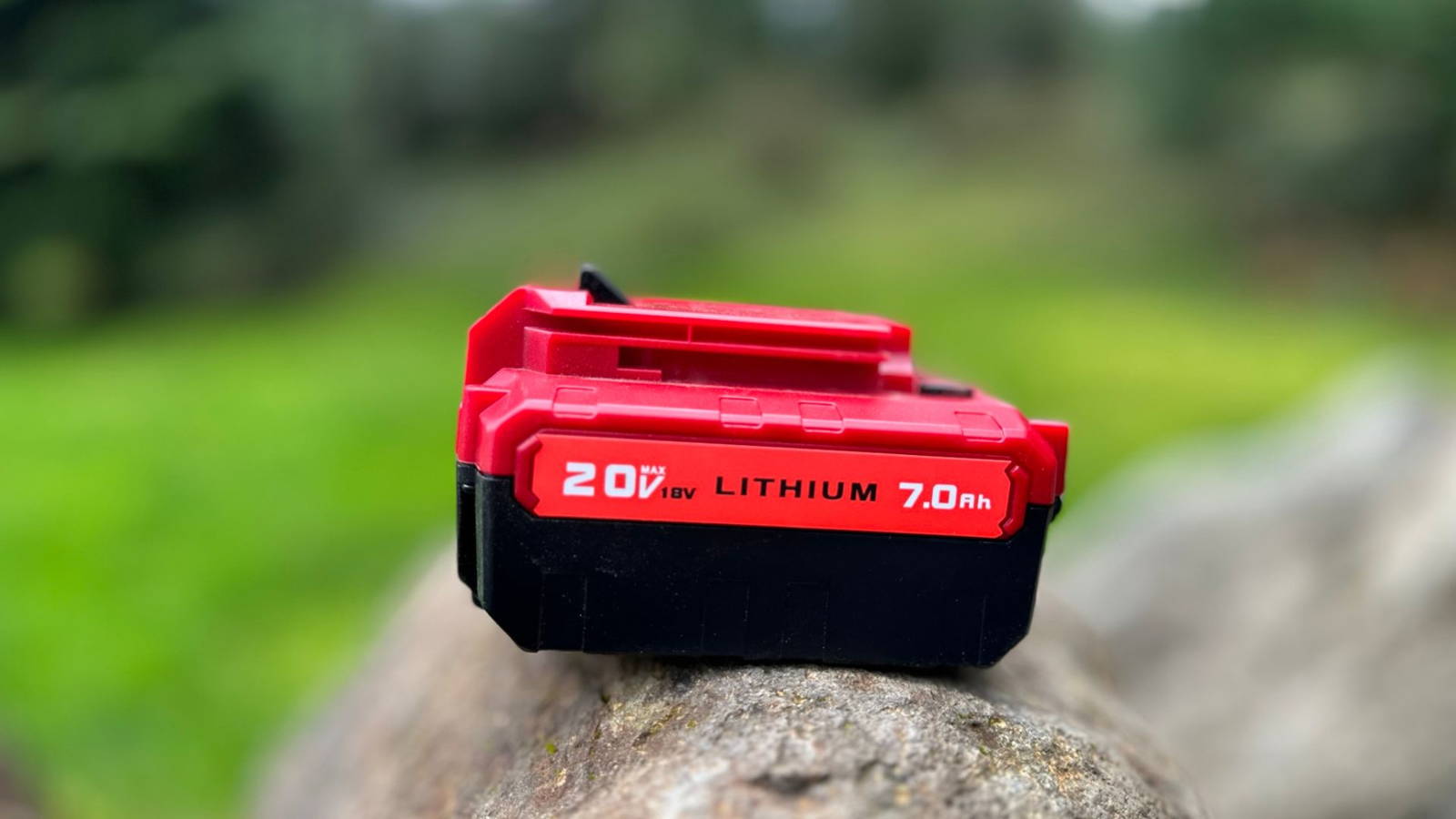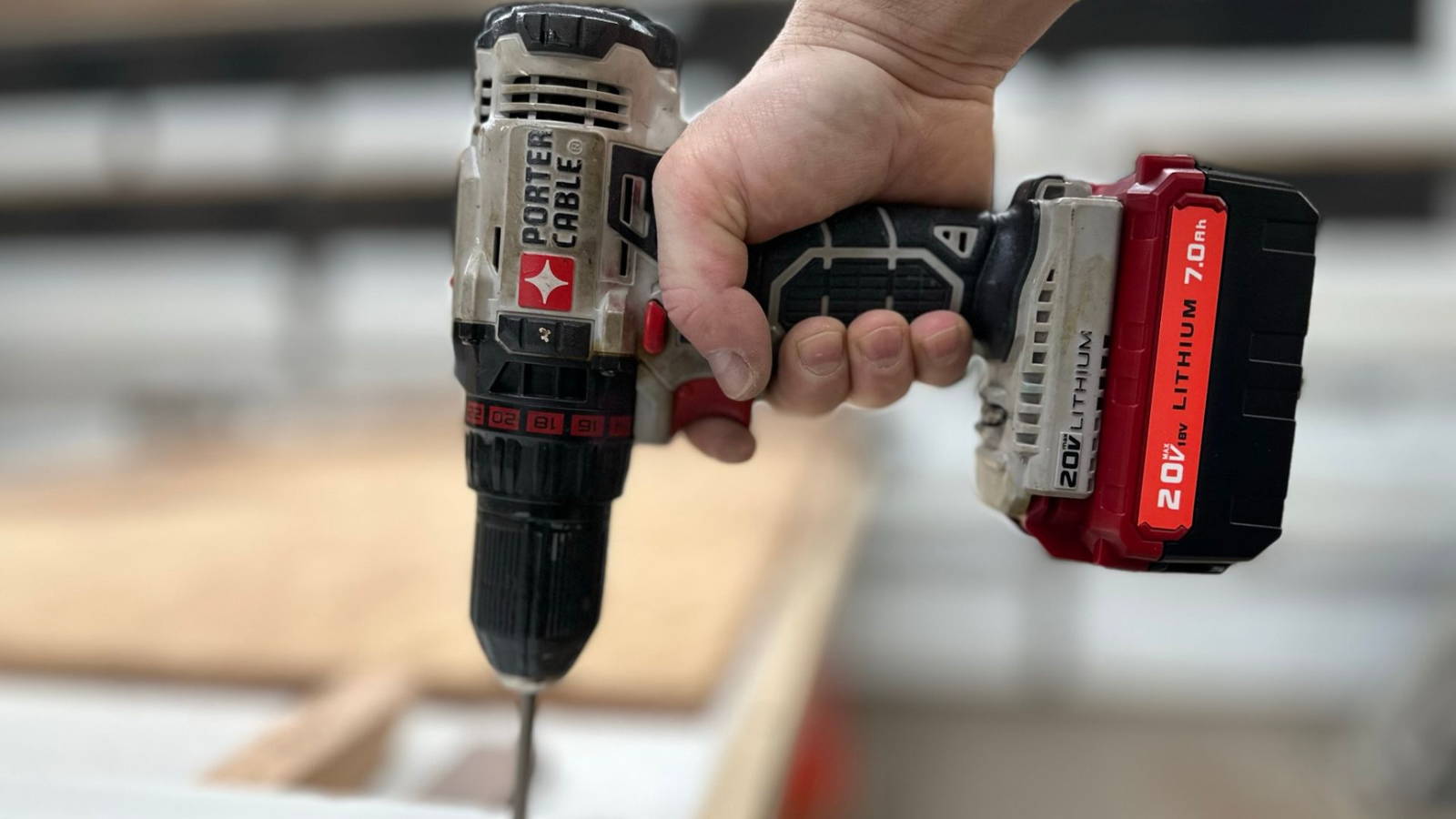Buying Power Tool Batteries: Key Considerations
As a tradesperson or DIY enthusiast, you understand the importance of reliable power tools. However, what happens when the battery runs out of juice? The answer is simple: You need to find a replacement battery. But finding the right one for you can be a daunting task. This guide will help you explore the world of power tool batteries and choose the right one for your needs.
How do I choose the right power tool battery for my needs?
When choosing a power tool battery, it's essential to understand which is the right one for your needs. Here are some key features to look for when selecting a power tool battery.
• Compatibility: Check if the battery is compatible with your specific power tool model.
• Voltage: Check the voltage requirements of your power tool and choose a battery with the same voltage rating.
• Capacity: Always make sure the battery capacity meets your needs. Higher capacity batteries will typically last longer but may also be heavier and more expensive.
• Type: There are different types of batteries, including NiCad, NiMH, and Lithium-ion. Each has its own advantages and disadvantages, so choose the type that works best for your needs.
• Brand: Stick with reputable brands when choosing a power tool battery to ensure quality and reliability.
• Price: Consider the price of the battery and whether it fits within your budget. Branded batteries are usually higher in price, while replacement batteries offer more budget friendly options for your need, sometimes even with more capacity!
By taking these factors into account, you can choose a power tool battery that meets your needs and provides reliable performance for your projects.
Does battery voltage matter when using power tools?
When it comes to using power tools, the voltage of the battery is an important factor to consider. Here are some key points to keep in mind:
• Matching voltage: It's important to use a battery with the same voltage as the power tool. Using a battery with a lower voltage can result in reduced performance and potentially damage the tool.
• Overheating: Using a battery with a higher voltage than recommended can cause the tool to overheat and potentially damage the motor or battery.
• Battery life: Higher voltage batteries typically have a longer lifespan than lower voltage batteries, but they may also be heavier and more expensive.
• Compatibility: Some power tools may only be compatible with certain battery voltages, so it's important to check the manufacturer's recommendations before purchasing a replacement battery.
• Charging time: Higher voltage batteries may take longer to charge than lower voltage batteries, so it's important to consider the charging time when selecting a battery.
Overall, it's important to choose a battery that matches the voltage of your power tool to ensure optimal performance and prevent damage to both the tool and the battery.
Are power tool batteries proprietary, and can I use third-party replacements?
Some power tool manufacturers design batteries that only work with their tools. However, third-party replacement Batteries are available in the market. Ensure you buy from a reputable dealer and only use a battery compatible with your tool.
Can I use a battery with a higher Ah rating on my power tool?
Yes, you can use a battery with a higher Ah rating. A higher Ah rating means a longer runtime for your power tool. However, using a battery with a higher Ah rating than recommended can damage your tool.
What happens if I connect the battery to my power tool incorrectly?
Connecting a battery to a power tool incorrectly can have serious consequences, including:
• Damage to the power tool: Incorrectly connecting a battery can cause damage to the tool's internal components, resulting in costly repairs or the need for a replacement.
• Damage to the battery: In addition to damaging the tool, incorrect connections can damage the battery itself, resulting in reduced battery life or even rendering it unusable.
• Safety hazards: Incorrect connections can create a risk of fire or explosion, posing a serious safety hazard to the user and those nearby.
To avoid these risks, it is important to always follow the manufacturer's instructions and guidelines for connecting batteries to power tools. It is also important to ensure that the battery and tool are compatible before attempting to connect them, as using incompatible components can also pose risks.
Conclusion
In conclusion, choosing the right power tool battery Replacement is essential to ensure your tools run efficiently and safely. Consider the battery type, voltage, capacity, and compatibility with your tool when making your decision. Buy from a reputable dealer such as tripple battery and follow the manufacturer's instructions when connecting the battery. With this guide, you can make an informed decision and choose the right power tool battery for your needs.



